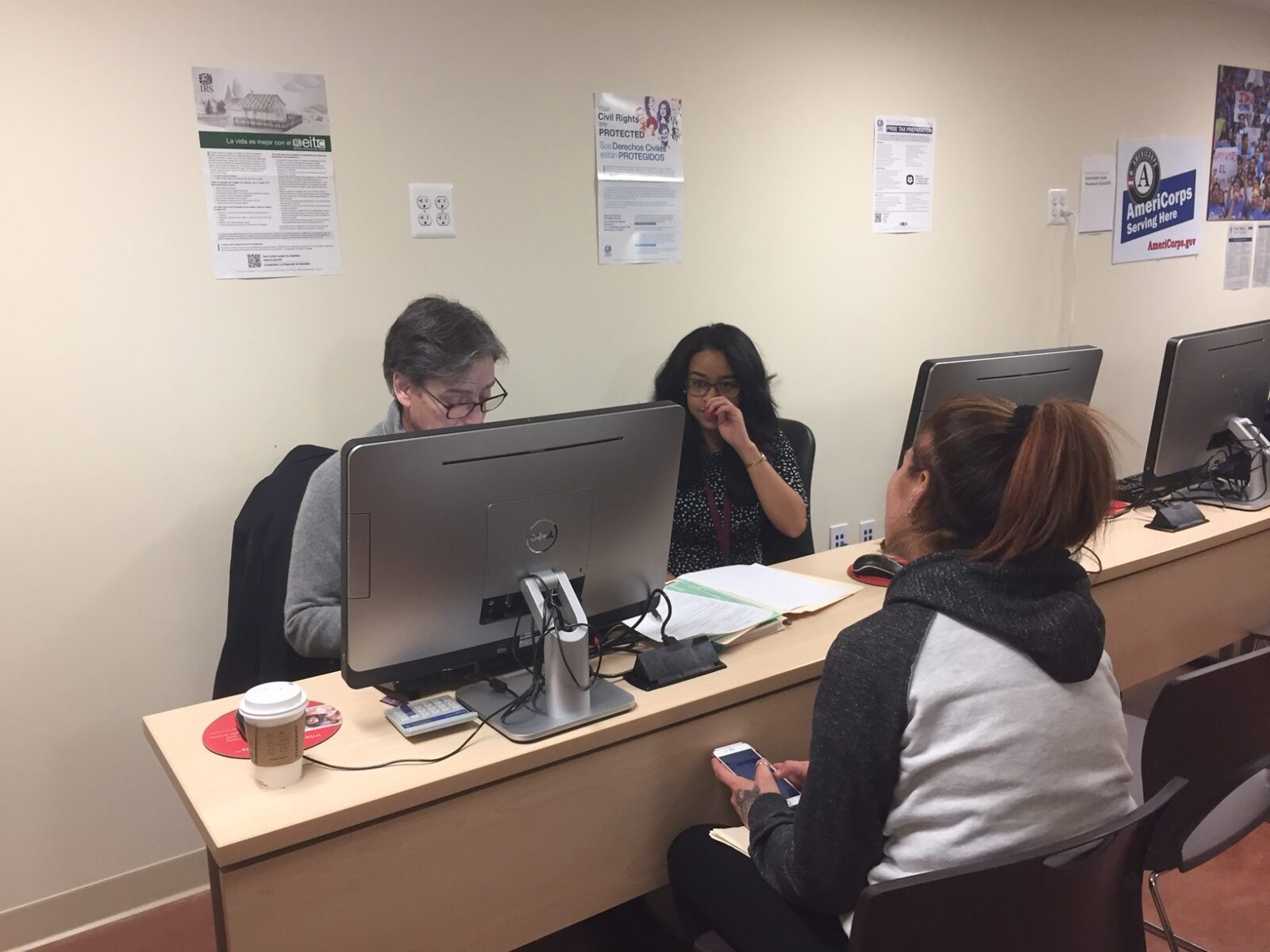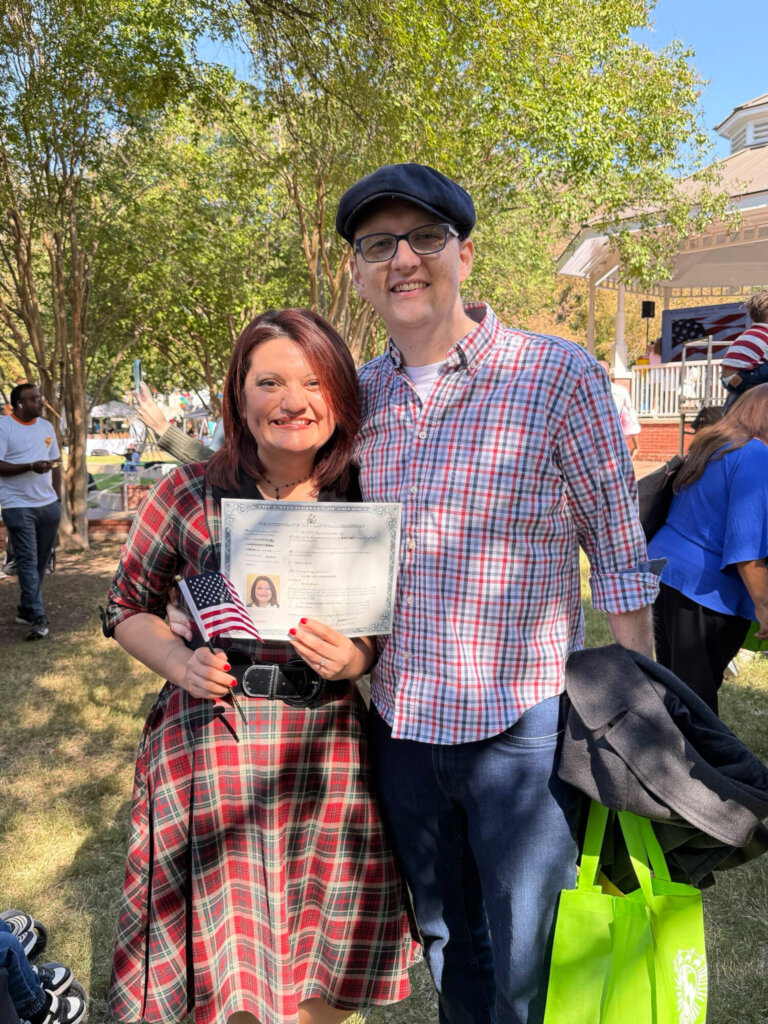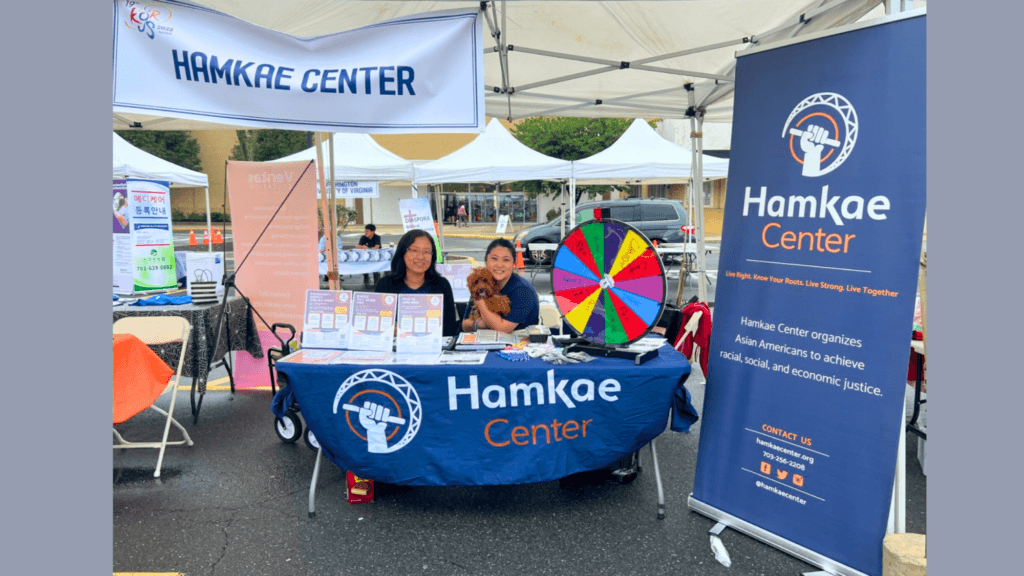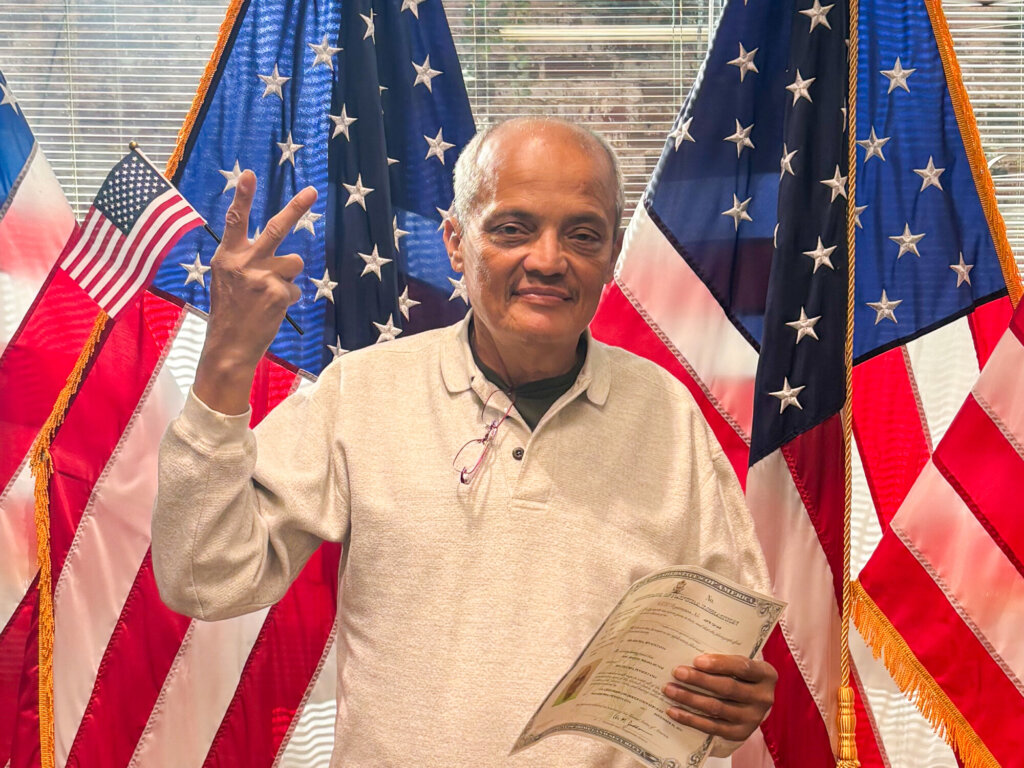Volunteering to Help Aspiring Citizens Become New Americans

Explore more
My journey as a social advocate began as a child, when my family left Cuba after the revolution. Like many exiles at that time, we wound up in South Florida, specifically, the rural town of Belle Glade. My American father was a sugar engineer in Cuba and transitioned easily into the industry in the United States. However, other families had a difficult time adjusting to their new country. This was the first time I realized how much a little leg up could change the course of someone’s life.
My mother got us involved in charitable work through our church to help support migrant workers and their families. I graduated high school a few years later and moved north to continue my education, pursuing a career as an economist with the federal government. I continued to do charitable work here and there, but it would be almost 50 years later, in Washington, D.C. that I once again felt the call to assist immigrants – this time, as they began their path toward citizenship.
In December of 2016, while attending book club, one of the members who had previously worked for CASA – an organization that supports low-income immigrants – mentioned they were looking for volunteers to help local immigrants do their taxes. As a retired economist and someone with experience writing about taxes, I figured I had something to offer. CASA agreed and sponsored me to attend IRS training and become a certified VITA (Volunteers in Tax Assistance) volunteer.
I began volunteering regularly at different CASA sites throughout the week. Every day was a truly illuminating experience and a reminder of how many barriers exist for hardworking people just trying to make a living and pay Uncle Sam. These legal permanent residents have all the obligations of the average American but are without certain benefits citizenship provides.
A 31 year-old single mother remains ingrained in my memory. She supported her four children as a cleaning lady on $12,000 a year. When tax season came around, she wound up owing the IRS $700. When we saw that number, both our hearts sank. That figure might as well have been seven million dollars, because there was no way she was going to be able to come up with that sum. I couldn’t help but think, “This woman is younger than my daughter and is struggling to support an entire family.”
Clients like this single mother inspired me to continue helping people with their taxes and keep their financials in order as they worked toward a better life. After tax season ended, I helped assist immigrants with their citizenship applications at CASA. Helping people apply for citizenship is all about hope. I get to spend more time with folks aspiring to be citizens, and I often feel like I get to know them better – their hopes and their fears.
One of the biggest fears for many of my clients applying for citizenship is the civics interview. Despite their anxiety, I’ve witnessed many aspiring citizens master the exam and come away knowing more about U.S. history, culture and geography than many native-born citizens.
My goal is to personalize the information so that it means something to each individual. For example, you can memorize the lyrics to the national anthem, but what do they mean? What are they about? It’s more of a challenge helping people to grasp these concepts than simply helping them file the proper tax form. But it’s also more of a reward to see their excitement and relief when they get it.
I look forward to seeing my clients become citizens. I like to think of myself as the painter who is painting something somebody else built. I am just part of the process, happy to play my role.
While I sometimes find myself jealous of the expertise lawyers and doctors we bring in as volunteers, I recognize everyone has a part to play. Being bilingual and understanding the tax code has allowed me to help advance the mission of CASA and support immigrants and aspiring citizens in my own way. My immigrant past is a constant reminder that those of us who are in a position to help have a responsibility to advocate for others. Ultimately, each of us has to figure out what we have to give that is special, and then we all can find a niche helping others. I am grateful to have found mine.
By Philip Webre
Interested in applying for citizenship? Visit our Finding Assistance page.



